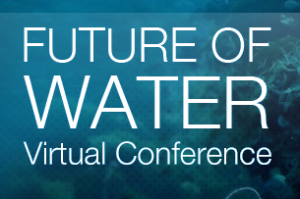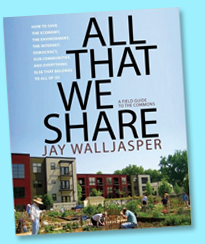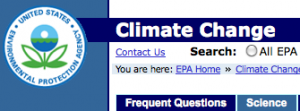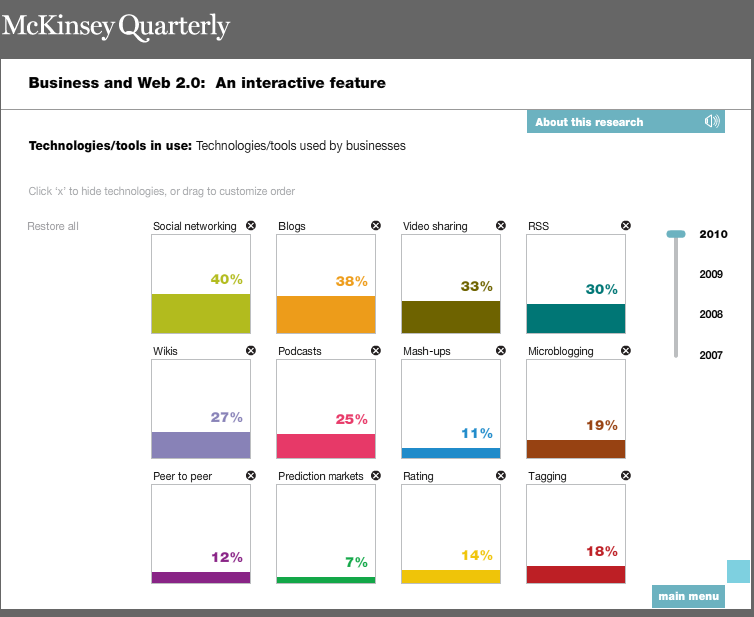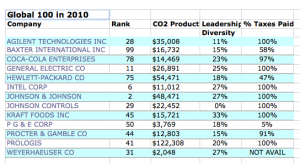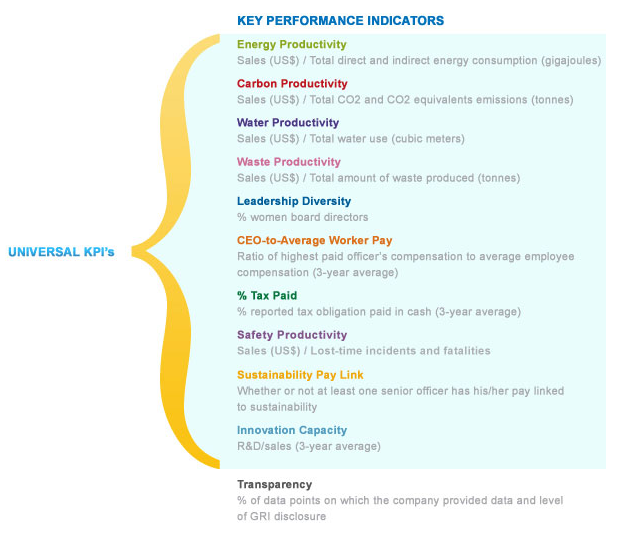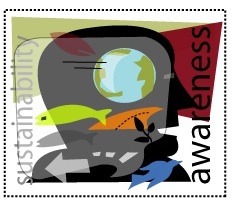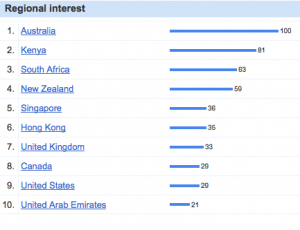 I was asked to participate in the Dow Chemical campaign, the Future of Water Virtual Conference, and what I had to say was rejected as not being personal enough. They offered me the opportunity to redo the minute video and I wrote the PR firm putting the campaign together to decline the offer. Here is my letter.
I was asked to participate in the Dow Chemical campaign, the Future of Water Virtual Conference, and what I had to say was rejected as not being personal enough. They offered me the opportunity to redo the minute video and I wrote the PR firm putting the campaign together to decline the offer. Here is my letter.
Letter:
In giving this some more thought I am going to decline your gracious offer to try again. Everything I write that is personal in nature is difficult as I have lived a life of great privilege when it comes to water as a single-handed sailor, ice skater, swimmer, and hot tub soaker. I just don’t think it is appropriate to use this life of privilege to make a point about water. The most important thing, being able to turn on the tap and drink water, is not a privilege but a right, one that I have been blessed with in most, but not all, ports of call.
The other side of the story is that I grew up where one river caught on fire, the one I played on had raw sewage floating in it, if I fell into the water my mother would burn the clothes I was wearing as they were THAT contaminated, and the great lake had dead fish galore floating on its surface.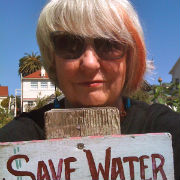
It would be impossible to reference these beginnings without communicating feelings of shame for my great country that today elects officials who deny climate change (along with pollution and over population is the third major issue) and are working to further degrade the EPA, and the City on the great lake, like many of its neighbors, is experiencing an economic collapse.
As chemical pollution and raw sewage are major contributors to the supply of clean drinking water and may account for as much as 80% of the disease in this world, it seems to me acknowledging that we are all part of the problem and the solution (including Dow Chemical) and advocating we need leaders to be healers is the best advice I can give today’s leaders as well as pointing them to the two role models, Julia Butterfly-Hill and Roz Savage.
You may have sustainability as a focus of a campaign in the future and I would be able to speak to the topic with knowledge and passion because it is a goal and great hope I am dedicating myself to through EarthSayers.tv, the voices of sustainability.
Cordially,
Ruth Ann
Founder
EarthSayers
(links added for this blog post, not in original email nor was my photo)

